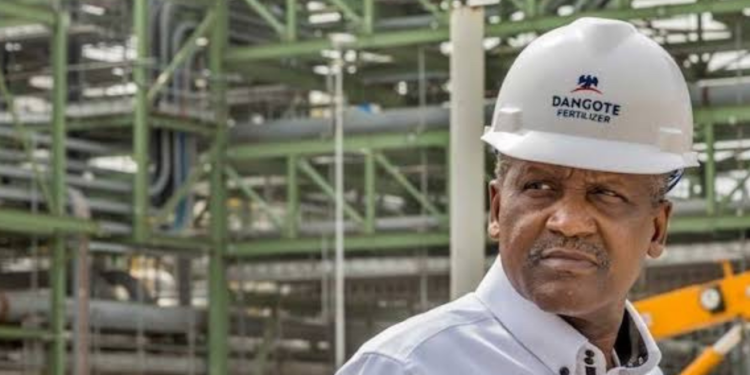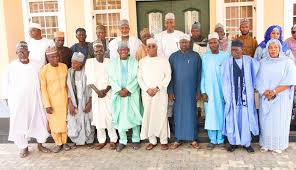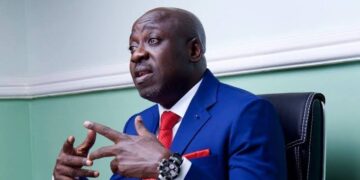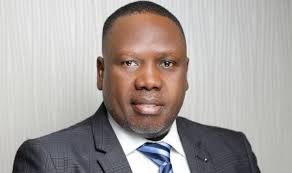Oil marketers in Nigeria have clarified their stance on the Dangote Refinery, affirming they are not opposed to purchasing refined Premium Motor Spirit (PMS) from the facility. According to Billy Gillis-Harry, President of the Petroleum Products Retail Outlets Owners Association of Nigeria (PETROAN), oil marketers are open to buying products from the refinery, provided market conditions are fairly negotiated. Gillis-Harry emphasized that the goal is to create a cooperative relationship that benefits both sides.
Gillis-Harry announced that oil marketers plan to meet with Dangote Refinery this week to finalize discussions. The meeting aims to lay the foundation for a partnership that will ensure mutual benefit and effective service delivery to Nigerian consumers. “We are very proud of Dangote’s contributions,” he stated, emphasizing that PETROAN and other stakeholders remain patriotic and committed to serving Nigeria.
Despite supporting the refinery’s success, PETROAN raised concerns about communication, noting that business discussions were happening publicly rather than through formal negotiations. Gillis-Harry explained that PETROAN had traditionally worked with the Nigerian National Petroleum Company Limited (NNPCL), following established procedures to ensure smooth business operations.
The association seeks to continue this structured approach with Dangote Refinery.
The clarification from PETROAN comes amid recent tensions, as the association had accused Dangote Refinery of trying to limit competition in Nigeria’s downstream sector.
This arose following suggestions from Dangote Refinery that marketers preferred importing lower-quality products at cheaper rates. PETROAN, however, countered that it has no reason to avoid buying from the refinery if fair pricing terms are established.
In response to these concerns, Dangote Refinery released a statement on Sunday detailing its pricing. The refinery currently sells petrol at N990 per litre for trucks and N960 per litre for ships, prices it claims align with international rates. This pricing, Dangote argued, reflects global standards, ensuring quality and fairness in the Nigerian market.































